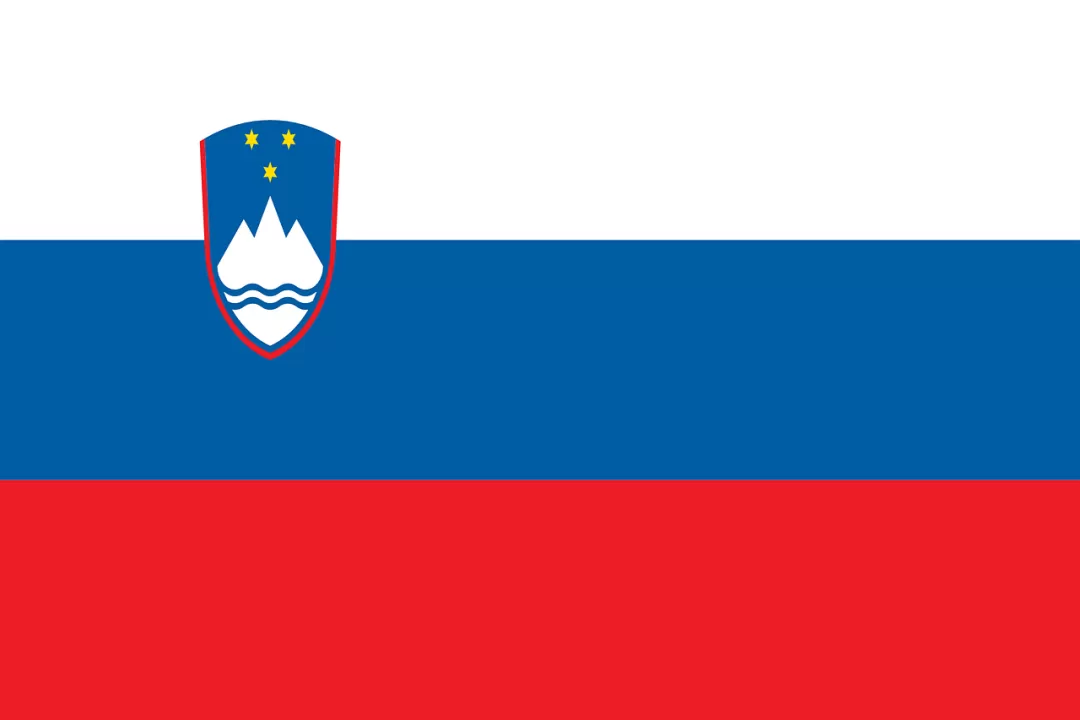
Slovenia Seeks to Deepen Economic Ties with Azerbaijan

On March 12, Gorazd Renčelj, the newly appointed Ambassador Extraordinary and Plenipotentiary of Slovenia to Azerbaijan, gave an exclusive interview discussing his mission in Azerbaijan, plans to strengthen bilateral cooperation, and the importance of cultural, energy, and tourism ties between the two countries.
During the interview, Ambassador Renčelj, who presented his credentials to Azerbaijani President Ilham Aliyev in January 2025, expressed his enthusiasm for beginning his mission and spoke positively about his meeting with the President. He outlined his key objectives, emphasizing the continuation of a strong political dialogue between Slovenia and Azerbaijan. He also highlighted the desire to expand economic cooperation, particularly in the energy sector, noting that a Slovenian supplier had already signed a contract to purchase gas from Azerbaijan. Additionally, he mentioned a recently signed memorandum of understanding between Slovenia’s Geoplin and Azerbaijan’s SOCAR, reaffirming the goal of deepening collaboration across various sectors.
Regarding the state of Slovenia-Azerbaijan relations, Renčelj noted that the political dialogue was strengthening, with both nations set to celebrate the 30th anniversary of diplomatic relations in the coming year. He pointed out the similarities in their geopolitical positions—Slovenia serving as a gateway to Central and Eastern Europe and the Balkans, while Azerbaijan holds a strategic location between the Caspian and Black Seas—offering opportunities for enhanced logistical and connectivity cooperation.
Ambassador Renčelj also discussed the growing energy partnership between the two countries, particularly in the green energy sector. He explained that Slovenia is diversifying its energy sources, while Azerbaijan is making significant investments in renewable energy. Both sides look forward to the upcoming visit of Slovenia’s Minister of Energy and Environment, who will attend the Advisory Board of the Southern Gas Corridor in Baku in April, with a potential memorandum of understanding on energy cooperation on the agenda.
Reflecting on the shared history between the two nations, Renčelj mentioned Mehdi Huseynzade, a hero revered in both Slovenia and Azerbaijan. Known as Mykhaylo in Slovenia, Huseynzade’s legacy remains an important cultural bridge between the two nations. Renčelj emphasized the significance of cultural cooperation, highlighting Slovenia’s rich cultural identity and its interest in fostering cultural exchanges with Azerbaijan.
On the topic of tourism, Ambassador Renčelj noted the growing number of Slovenian and Azerbaijani tourists visiting each other’s countries, particularly the Rogaska region in Slovenia, known for its healing thermal waters. He expressed a strong interest in exploring more of Azerbaijan beyond Baku, which he praised for its beautiful architecture and historical landmarks.
When asked about the potential opening of a Slovenian embassy in Azerbaijan, Renčelj revealed that this topic had been discussed during a recent visit by Marko Štucin, Slovenia’s State Secretary at the Ministry of Foreign and European Affairs. Both sides agreed that the positive developments in bilateral relations could lead to further exploration of this possibility, though such a decision would require careful planning and resource allocation. He also noted that Azerbaijan does not currently have an embassy in Slovenia, with its ambassador based in Vienna.
Looking ahead, Renčelj outlined a busy agenda of high-level visits, including the arrival of Slovenia’s Minister of Energy and Environment in April, followed by the Minister of Foreign and European Affairs in mid-April. He also mentioned ongoing efforts to organize a business delegation to Baku. He emphasized that Slovenia’s foreign ministers would address a broad range of topics, including ongoing negotiations between Azerbaijan and Armenia. As members of both the UN Security Council and the OSCE, Slovenia and Azerbaijan share a common interest in regional stability. Renčelj concluded by reaffirming Slovenia’s support for peace and stability in the Caucasus, noting that this is crucial for economic development and the stability of regional transit routes.
See Also


Mirzoyan Meets US Deputy Assistant Secretary Joshua Huck

Azerbaijani President Holds Talks with UAE and German Business Delegations on Economic Cooperation

Grigoryan Confirms Armenia’s Readiness to Dissolve OSCE Minsk Group Upon Peace Treaty Signing

Azerbaijani Official Warns of Ecological Risks to Caspian Sea, Similar to Lake Urmia and Aral Sea

